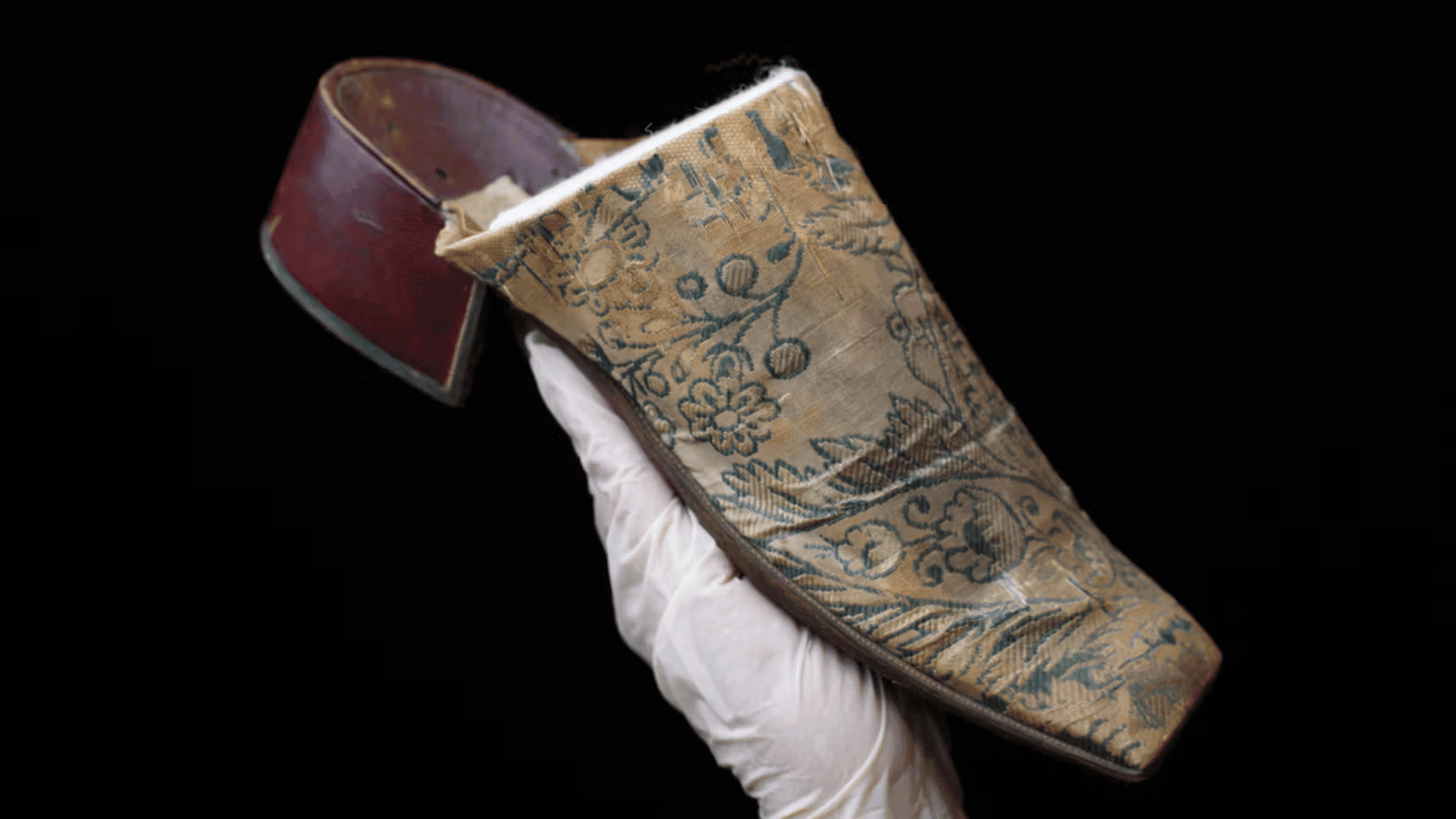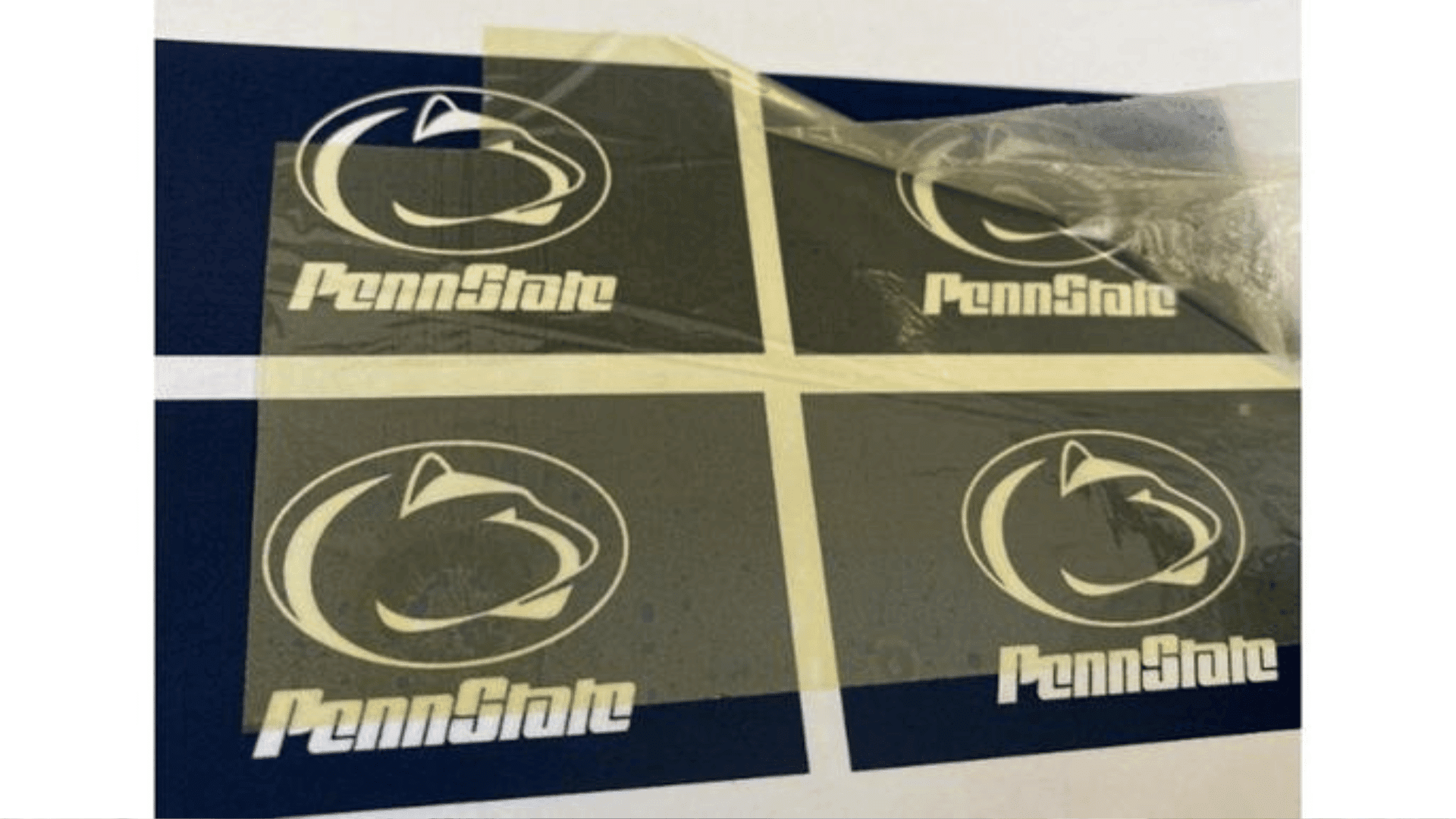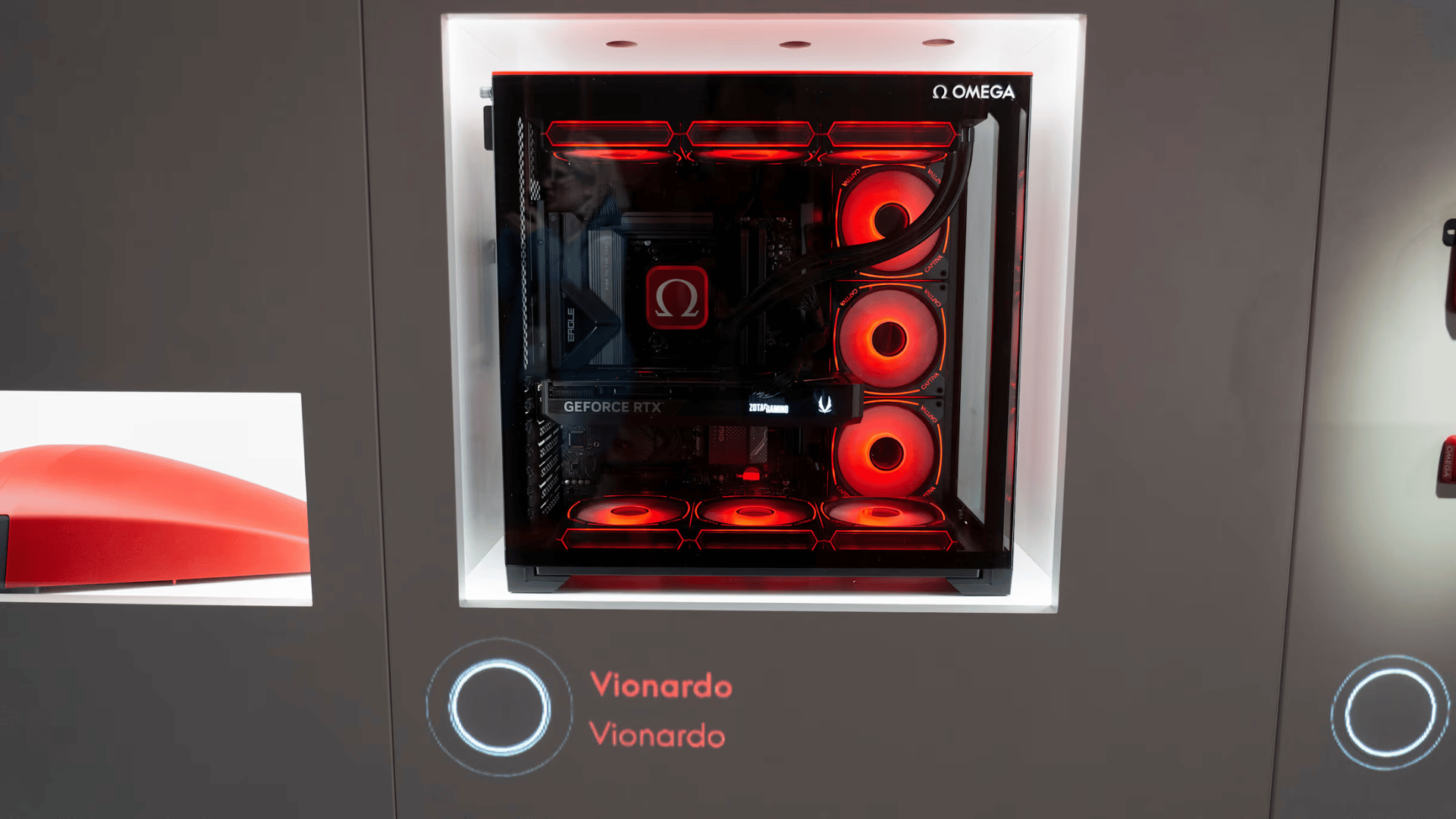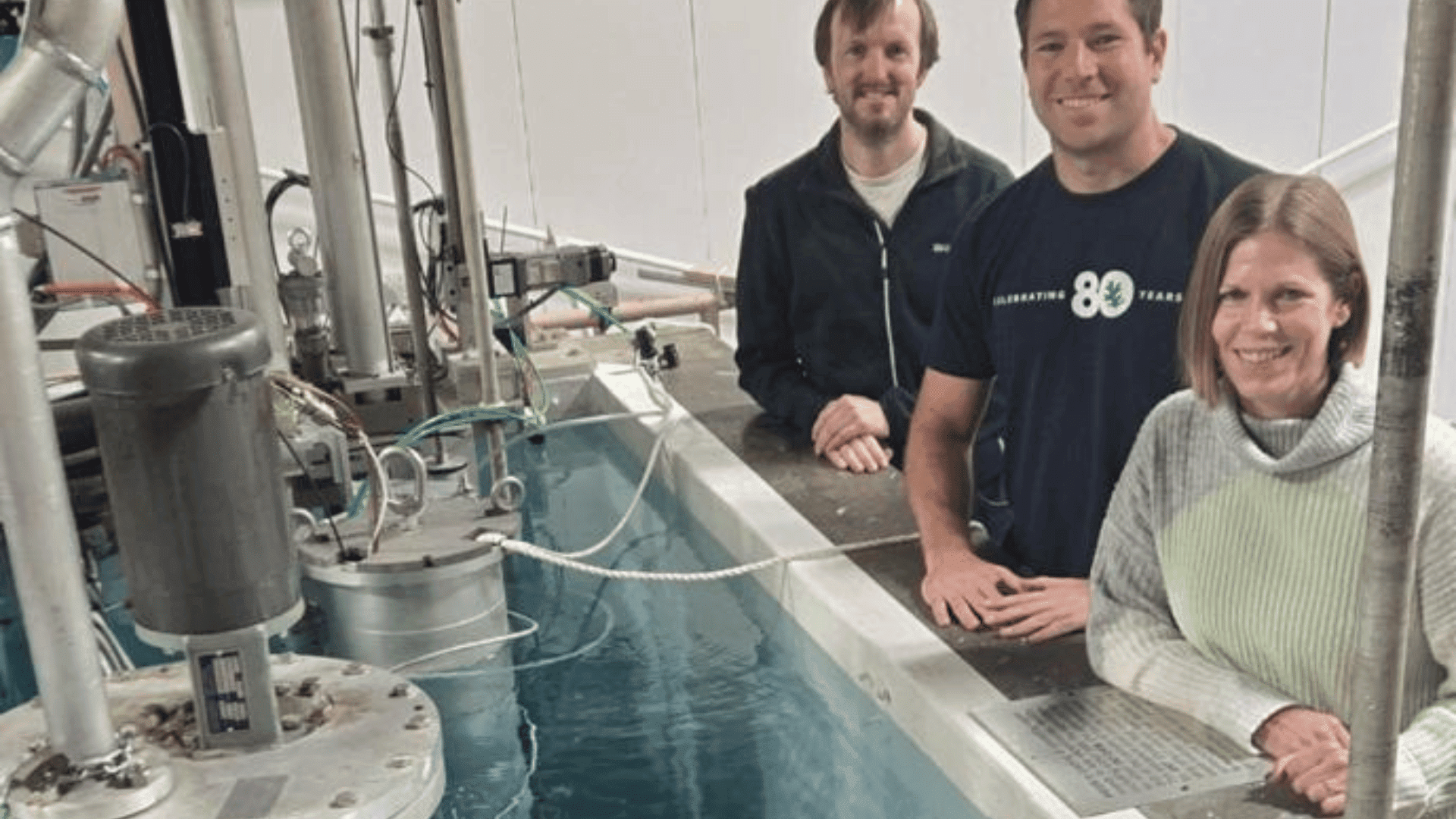After nearly six months aboard the International Space Station (ISS), the four astronauts of NASA’s SpaceX Crew-10 mission have safely returned to Earth, concluding a science-packed expedition supported by the ISS National Laboratory. During their mission, NASA astronauts Anne McClain and Nichole Ayers, JAXA astronaut Takuya Onishi, and Roscosmos cosmonaut Kirill Peskov conducted dozens of groundbreaking investigations aimed at advancing science and technology for the benefit of humanity. Their research spanned areas such as cancer treatment development, protein manufacturing, robotics, space debris removal, and life detection technologies, underscoring the ISS’s role as a critical platform for innovation in low Earth orbit.
NASA’s SpaceX Crew-10 Returns Safely After Completing Dozens of ISS National Lab-Sponsored Investigations
Astronauts wrap up mission after supporting research that could lead to new cancer treatments, more lifelike robotics, space debris removal, and more
KENNEDY SPACE CENTER, Fla., Aug. 11, 2025 /PRNewswire/ — After nearly six months onboard the International Space Station (ISS), the four astronauts of NASA’s SpaceX Crew-10 mission have safely returned to Earth. This weekend’s splashdown off the coast of California concludes a long-duration science expedition that supported dozens of investigations sponsored by the ISS National Laboratory®.
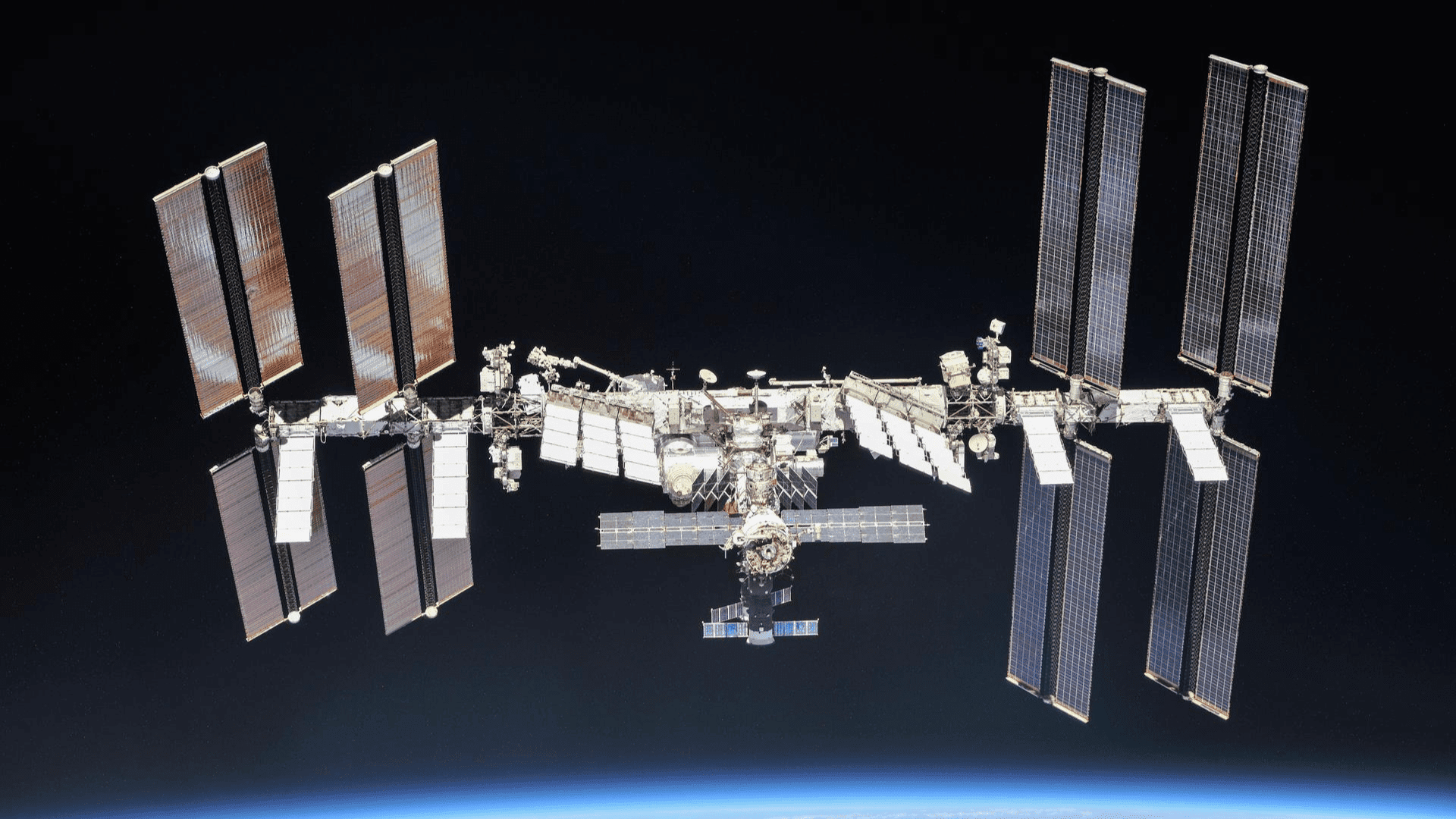

NASA astronauts Anne McClain and Nichole Ayers, Japan Aerospace Exploration Agency (JAXA) astronaut Takuya Onishi, and Roscosmos cosmonaut Kirill Peskov played a vital role in advancing science in space, contributing to biomedical research, physical and materials sciences, technology demonstrations, and student-led experiments. Their work helped push the boundaries of discovery in low Earth orbit to benefit life on Earth and support a sustainable and robust space economy.
ISS National Lab-sponsored projects the crew worked on during their mission include the following:
– A project from the University of Connecticut and Eascra Biotech, in partnership with Axiom Space, is using microgravity to improve the production of Janus base nanomaterials, which could be used to treat diseases like osteoarthritis and cancer. This project builds on previous ISS investigations and is funded through NASA’s In-Space Production Applications program.
Advertisement
– Multiple projects were funded by the U.S. National Science Foundation, which has a long-standing partnership with the ISS National Lab to advance fundamental research on the orbiting laboratory.
Rensselaer Polytechnic Institute, in partnership with Tec-Masters, is building on previous research to better understand why protein clumping occurs during pharmaceutical manufacturing—a significant challenge in the industry.
Researchers from the University of California, Santa Barbara, in collaboration with Redwire Space Technologies, are studying a liquid separation phenomenon that could be used to create materials for more lifelike robotics.
– ELVIS may enhance the search for life beyond Earth. Portland State University, in collaboration with NASA’s Jet Propulsion Laboratory in Southern California and Teledyne Brown Engineering, Inc., tested a new holographic microscope—the Extant Life Volumetric Imaging System (ELVIS)—that could allow scientists to study the adaptability of life under extreme conditions.
– Kall Morris Inc, in partnership with Voyager Technologies, leveraged the Astrobee free-flying robots on the space station to validate its REACCH system, which uses tentacle-looking arms with gecko-like adhesive pads to capture floating space debris. REACCH could help protect critical in-orbit infrastructure for Internet communications, weather prediction, GPS, and more.
The ISS National Lab is proud to have partnered with NASA and international collaborators to enable this impactful space-based research for the benefit of humanity. The return of NASA’s SpaceX Crew-10 mission marks the successful completion of another science expedition in the ongoing effort to leverage space as an innovation platform.
To learn more about the science supported by the astronauts during this mission, visit our launch page.
Download a high-resolution image for this release: Crew-10 Return
This press release is provided for informational purposes only. TomorrowsWorldToday.com is not responsible for the content, terms, or administration of ISS National Laboratory’s promotions. Please refer to issnationallab.org for the most accurate and up-to-date information. Tomorrow’s World Today may receive an affiliate commission if you purchase an independently reviewed product or service through a link on our website.
